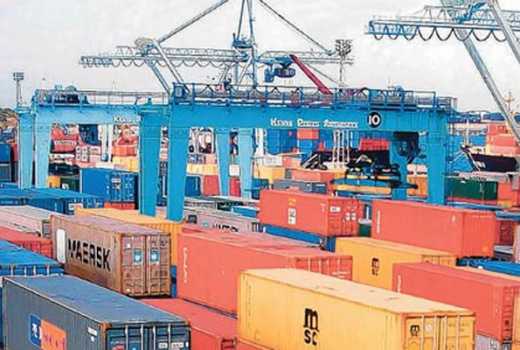×
The Standard e-Paper
Home To Bold Columnists

The recent shake-up at the Kenya Ports Authority (KPA) is welcome, provided it improves service delivery and eases operations. There is hope that the new bosses will get what they need to do their work as expected.
The new team would be advised to work knowing that the State retains the right to the source for personnel globally in the event they fail to deliver.